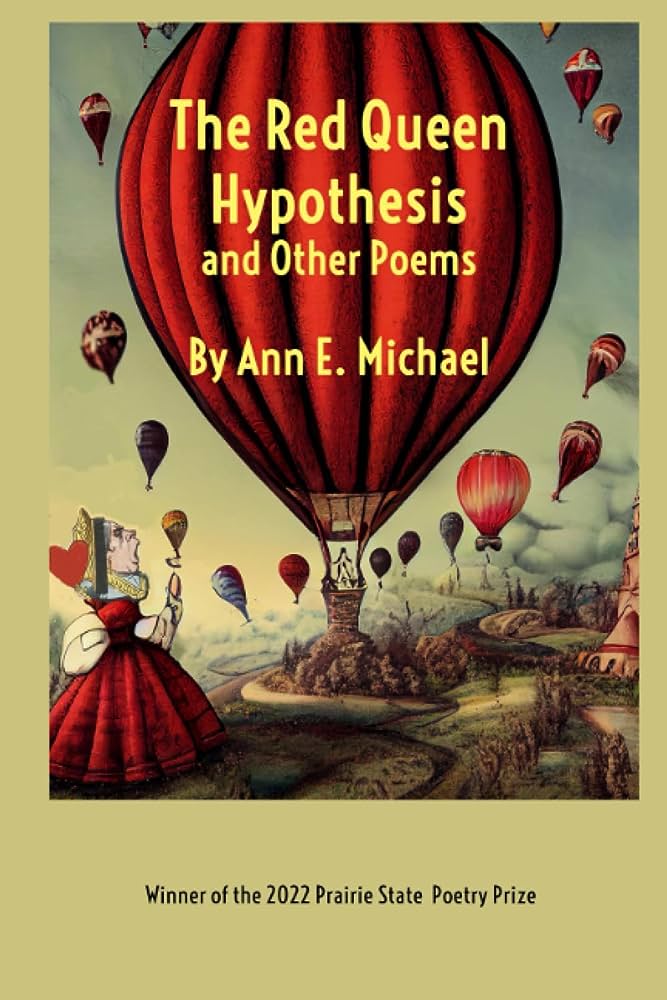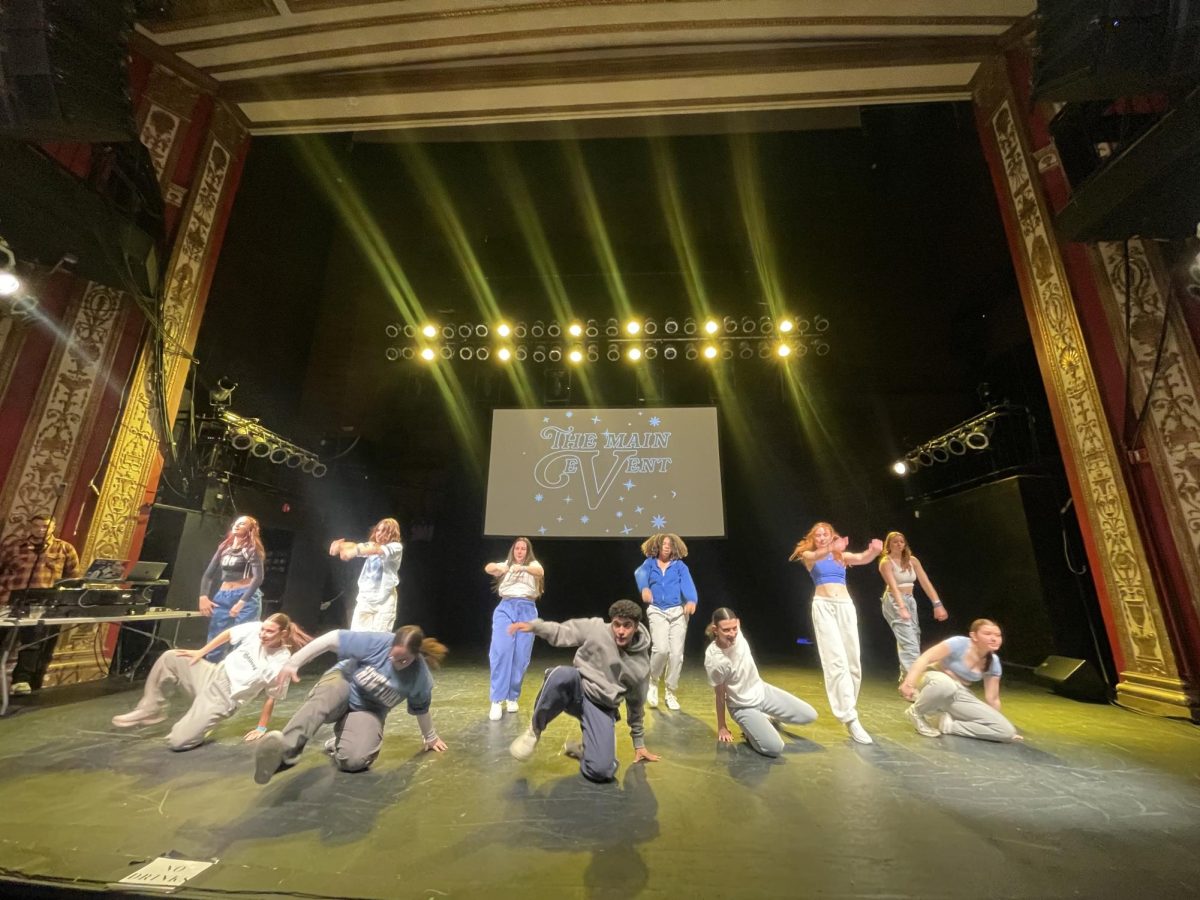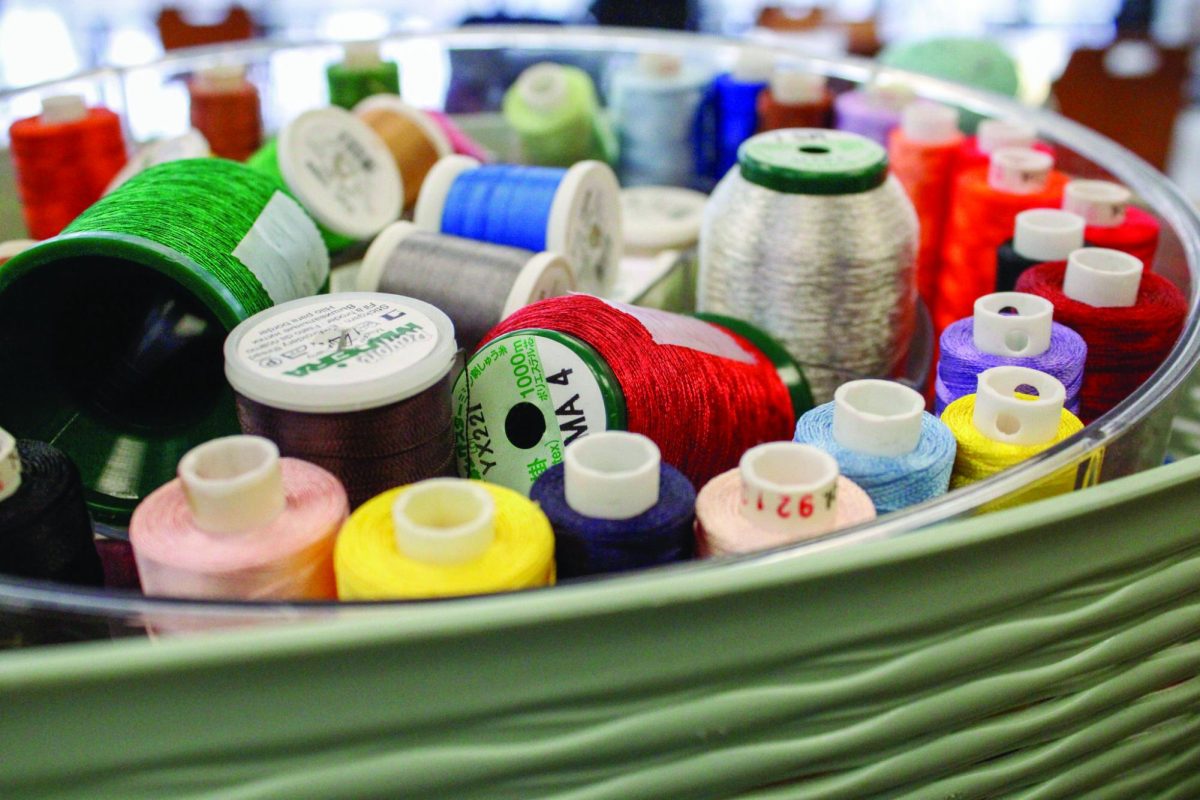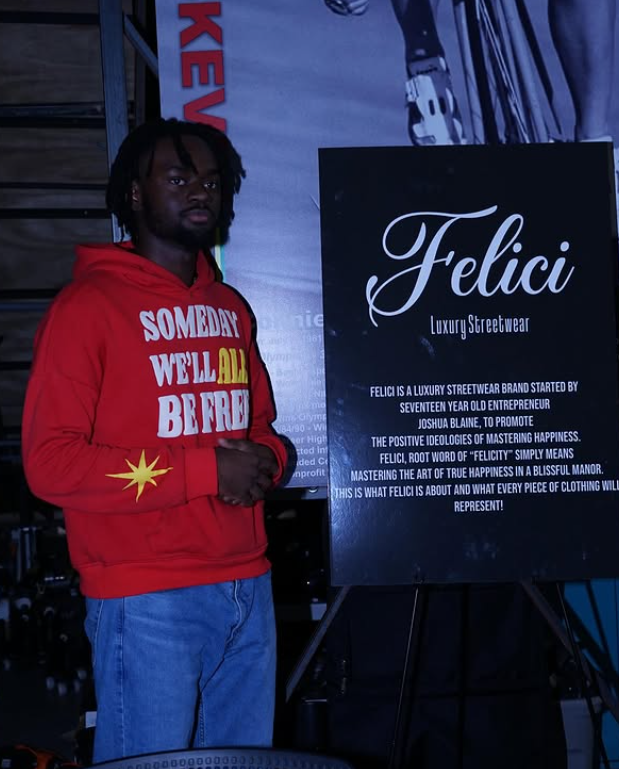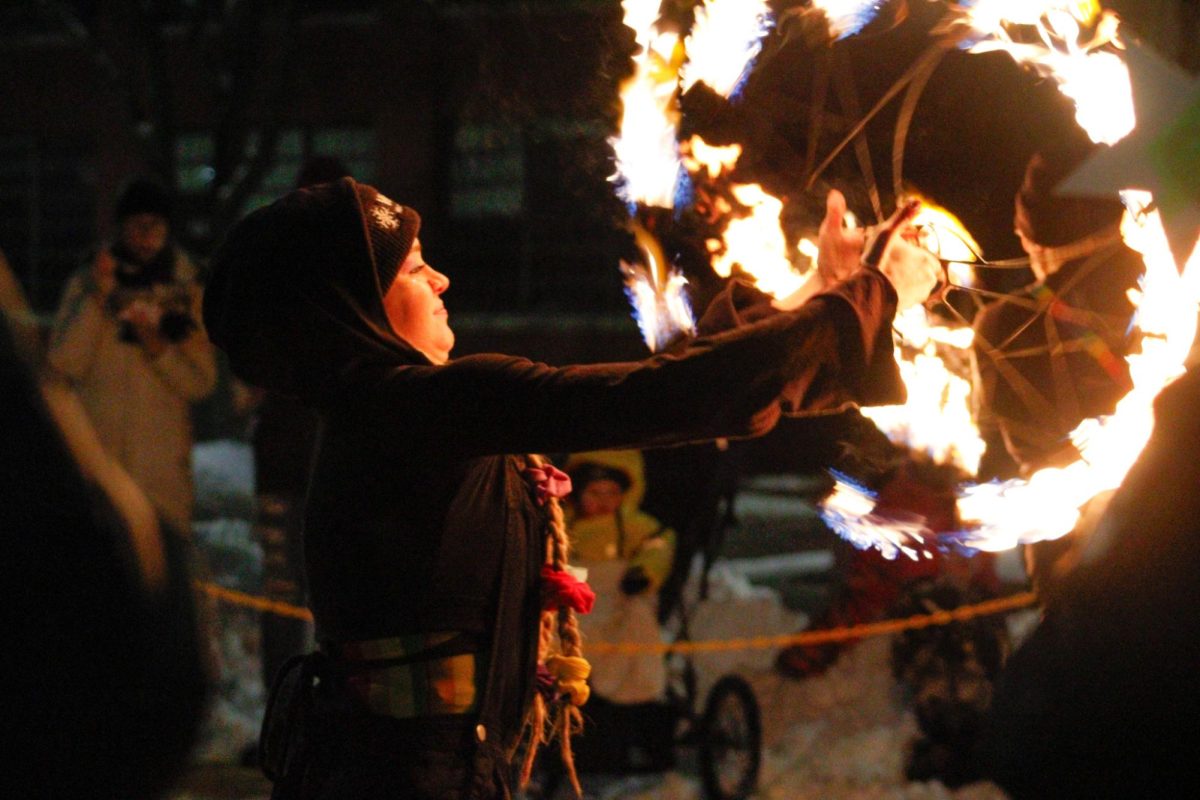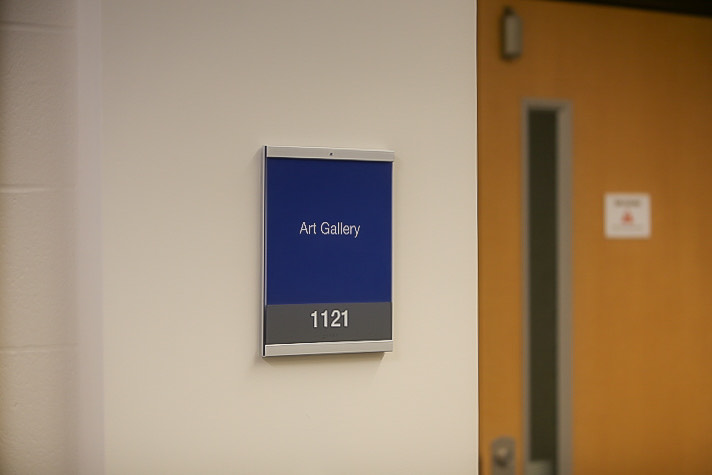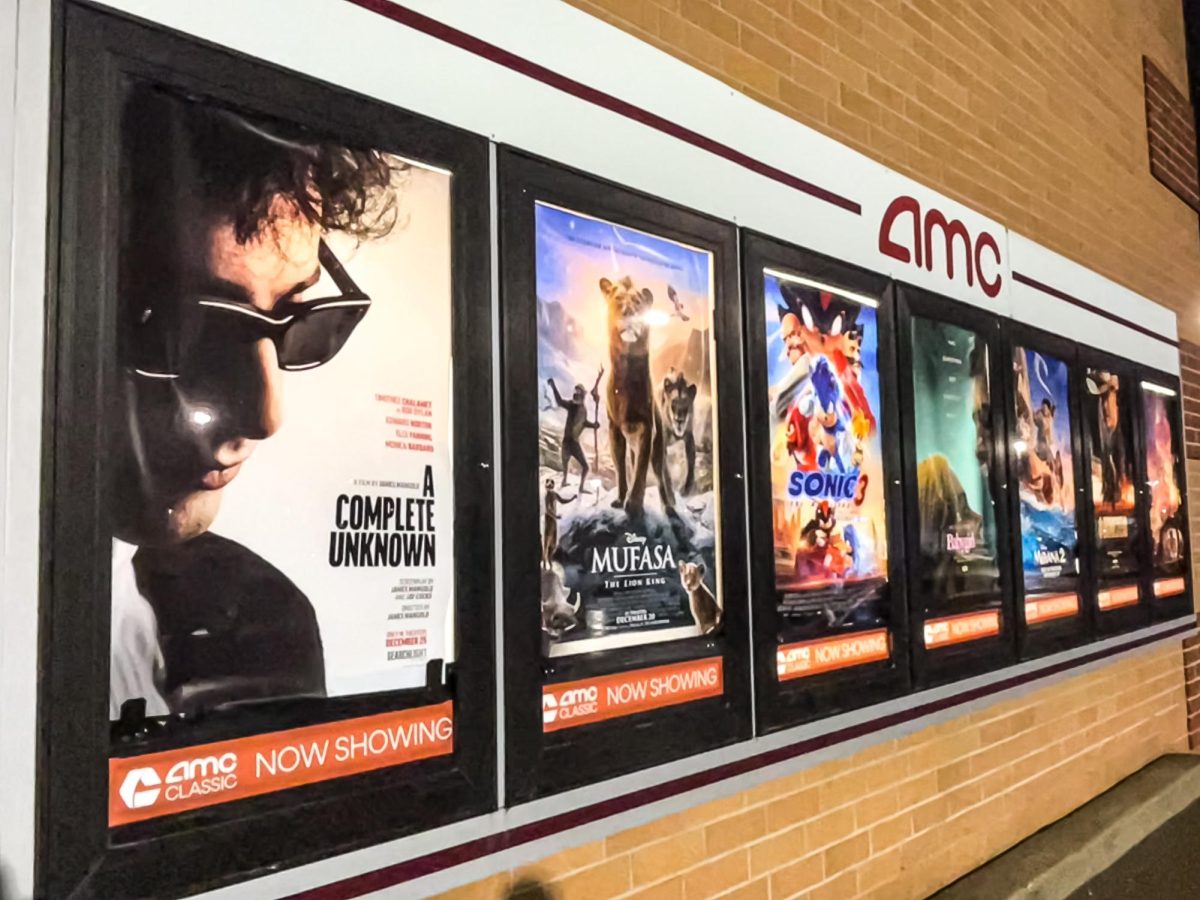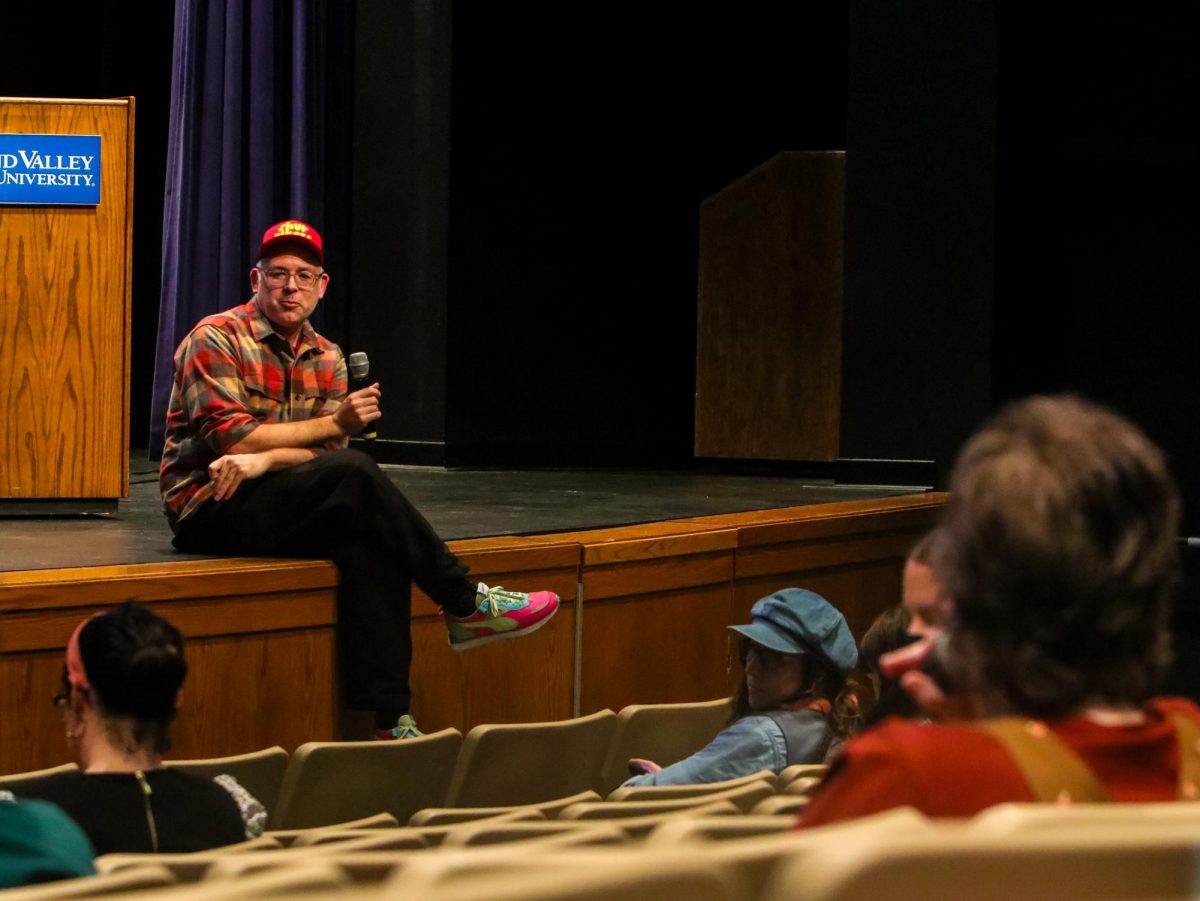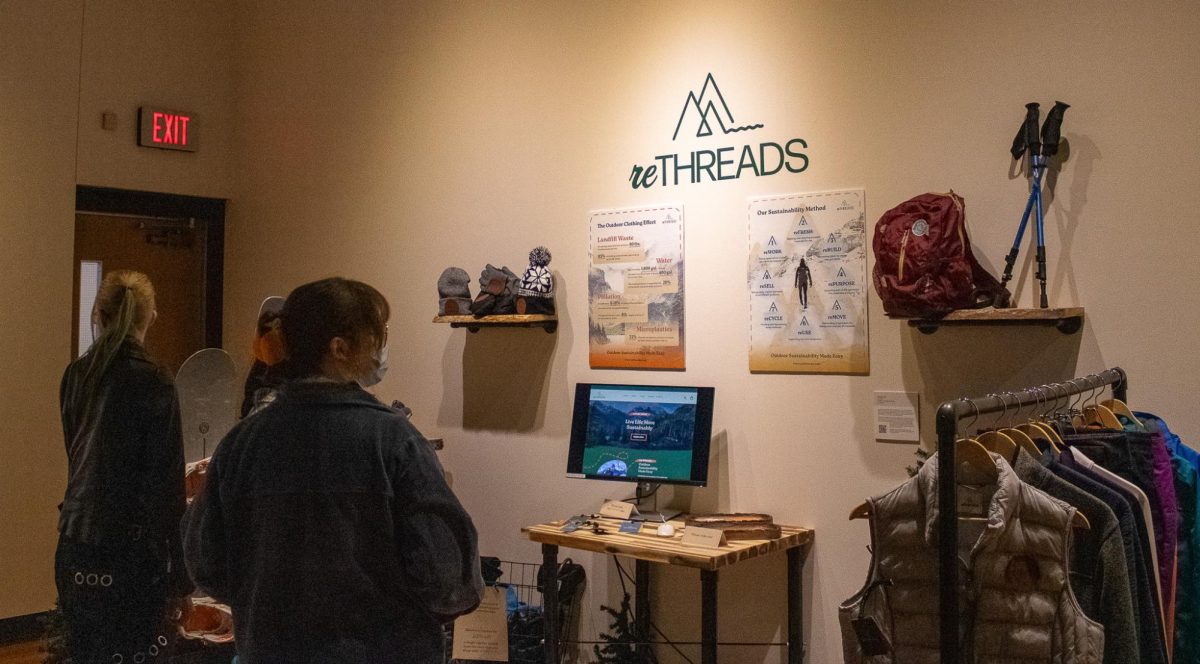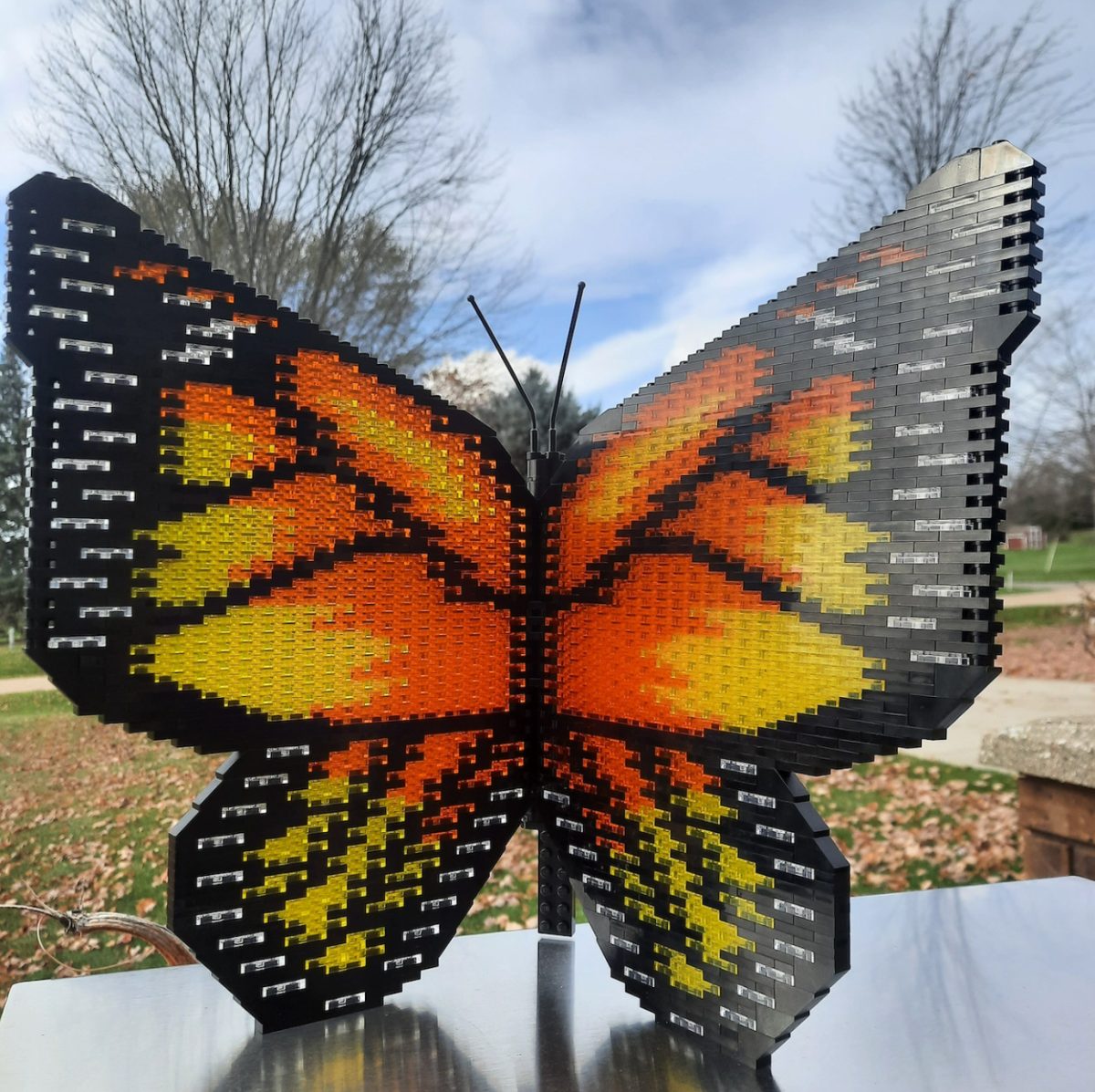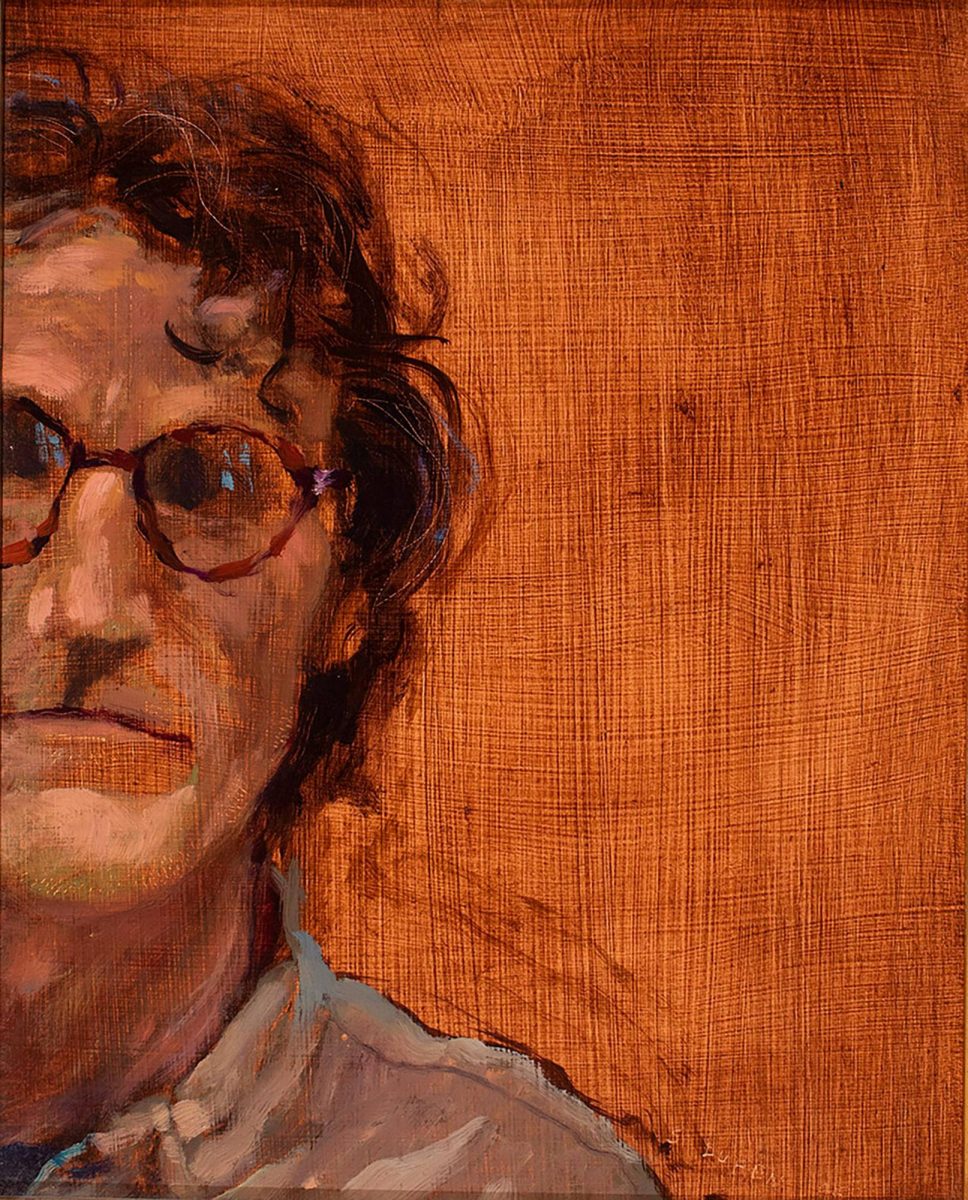Grand Valley State University alumna Ann Michael recently published a poetry collection titled “The Red Queen Hypothesis and Other Poems” which won the Prairie State Poetry Prize.
Michael utilizes various forms of poetry and language structures in “The Red Queen Hypothesis and Other Poems.” She recounts everyday life, love, nature and being a mother. The book is her second full-length expedition into the publishing process, the first of which was released in 2012.
Prior to its official release, the book was selected as the winner of the Prairie State Poetry Prize, a competition run by Highland Park Poetry Press. The organization then published the collection among other past winners.
“(It’s) a book of lyrical weaving that stands out among the rest of the contest entries,” said competition judge, Cynthia Gallaher, according to Highland Park Poetry’s website.
Michael graduated from GVSU in 1979 receiving her Bachelor of Philosophy degree, though she hardly had any intention of studying philosophy. Michael discovered the more she studied philosophical points, the more ideas she had for poetry.
Many poems Michael generated at the time were based on nature, the cosmos, family and friends.
“A lot of poems were written around a time when I was experimenting with different ways of writing poetry,” Michael said. “I was trying sonnets and sestinas. (I was) trying a lot of different methods of writing poetry, while also reading scientific theory books and environmental theory books (and) putting those ideas together.”
Michael’s poetry collection title draws on a biological concept called the “Red Queen Hypothesis.” The hypothesis proposes that species must continually adapt to survive in a world where others are also evolving.
As a young girl, Michael enjoyed crafting books and creating artistic segments of poetry.
“I wrote little books for my friends and my brothers. I was just always interested in poetry,” Michael said. “That was pretty natural for me.”
Further along in Michael’s writing practices, she had taken time and opportunity outside of class to expand her mastery of writing. She’d met friends who shared the same eagerness with poetry as she did, which led her towards many creative writing conferences in Ann Arbor and Lansing. This provided Michael with a space to expand her craft.
“It was maybe the first place where I read my poetry in public to other people, so it was pretty important to me,” Michael said. “I would say that really cemented my interest in doing this, knowing, as a fairly practical-minded person, that it was something I could take seriously and do for my whole life.”
Michael returned to college later in life to earn a Master of Fine Arts degree in creative writing. From thereon, she became employed at DeSales University in Center Valley, Pa. During her 18 years with the university she “implemented assistive technologies in writing for students with disabilities” and created a writing center for graduate and undergraduate students.
Though Michael is now retired, she encourages students and people interested in writing to take action in their writing journey.
“I always tell anybody who wants to do any kind of writing, particularly poetry (to) read a lot, practice writing all the time and observe,” Michael said. “Poetry is a kind of journalism. Take notes on the world because if you look at what’s going on out there, there is a lot to write about.”
Michael’s success with her book can inspire young writers to keep constructing their ideas and views of the world. She believes anyone can write poetry because anything can be poetry; people just have to look for it.




